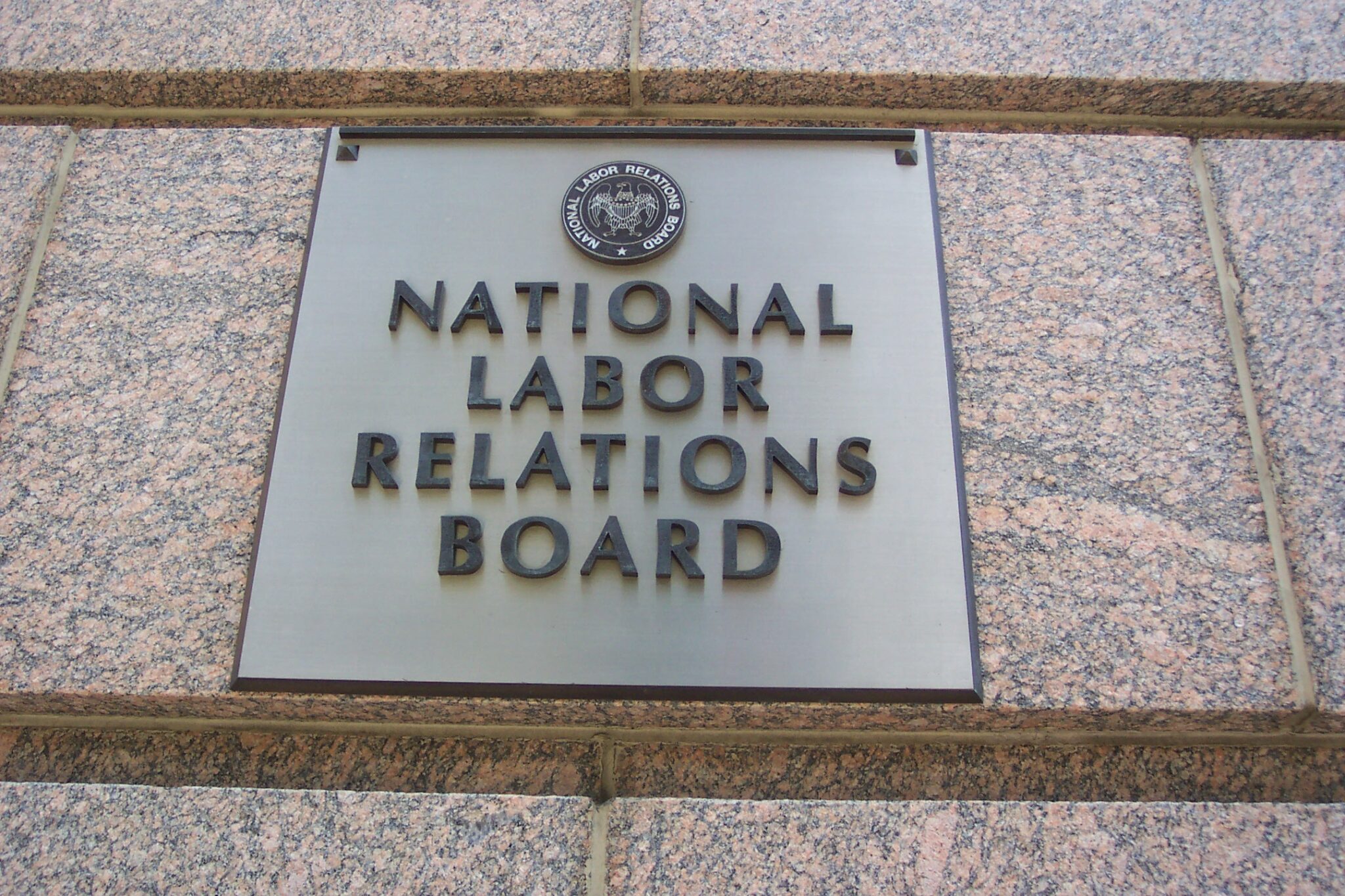
Mila Rostain is a student at Harvard Law School.
In today’s News and Commentary, the Eighth Circuit avoids a challenge to Minnesota’s ban on captive audience meetings, an ALJ finds that Starbucks violated the NLRA again, and a US district court certifies a class of behavioral health workers pursuing wage claims.
Yesterday, the Eighth Circuit reversed a district court’s denial of a motion to dismiss for lack of subject matter jurisdiction a business group’s challenge to Minnesota’s law banning captive audience meetings. As I noted previously, the business groups suing had argued that the risk of the government’s enforcement of the law was sufficient to overcome sovereign immunity, claiming that Governor Walz had a connection with enforcement of the law. Ultimately, the Court held that because the government had no present intention to enforce the law, the plaintiffs did not have standing to sue, dismissing the claims against the Governor and Commissioner with prejudice and the claim against the Attorney General without prejudice.
On Tuesday, Administrative Law Judge Christine Dibble found that Starbucks had acted unlawfully by instructing employees to stop posting union materials. In addition, Judge Dibble found the company had disparately enforced its solicitation policy in violation of the Act. She also rejected Starbucks’ argument that the unfair labor charges amounted to serial litigation. An ALJ in Arizona had previously ruled that Starbucks had violated the Act for similar activity. Judge Dibble concluded that the complaint was not an effort to relitigate and distinguished the circumstances from the NLRB’s decision in Jefferson Chemical Co., because the unfair labor practice at issue occurred at a different store in a different geographic location managed independently of other Starbucks locations.
Also Tuesday, Judge Susie Morgan of the US District Court for the Eastern District of Louisiana certified a class of behavioral health workers at Acadia LaPlace Holdings LLC and Ochsner-Acadia LLC, both subsidiaries of Acadia Healthcare Co. The workers are pursuing wage claims against the companies. According to Bloomberg Law, the workers had previously most requirements for class certification but had not yet met the predominance and superiority requirements. Judge Morgan concluded that common issues of law or fact predominated over issues affecting individual class members and that proceeding as a class action was superior to other methods due to the likelihood of individual claims resulting in a collection of negative suits. Judge Morgan granted class action certification to pursue causes of action for unjust enrichment and conversion under Louisiana law.






Daily News & Commentary
Start your day with our roundup of the latest labor developments. See all
January 9
TPS cancellation litigation updates; NFL appeals Second Circuit decision to SCOTUS; EEOC wins retaliation claim; Mamdani taps seasoned worker advocates to join him.
January 8
Pittsburg Post-Gazette announces closure in response to labor dispute, Texas AFT sues the state on First Amendment grounds, Baltimore approves its first project labor agreement, and the Board formally regains a quorum.
January 7
Wilcox requests en banc review at DC Circuit; 9th Circuit rules that ministry can consider sexual orientation in hiring decisions
January 5
Minor league hockey players strike and win new deal; Hochul endorses no tax on tips; Trump administration drops appeal concerning layoffs.
December 22
Worker-friendly legislation enacted in New York; UW Professor wins free speech case; Trucking company ordered to pay $23 million to Teamsters.
December 21
Argentine unions march against labor law reform; WNBA players vote to authorize a strike; and the NLRB prepares to clear its backlog.